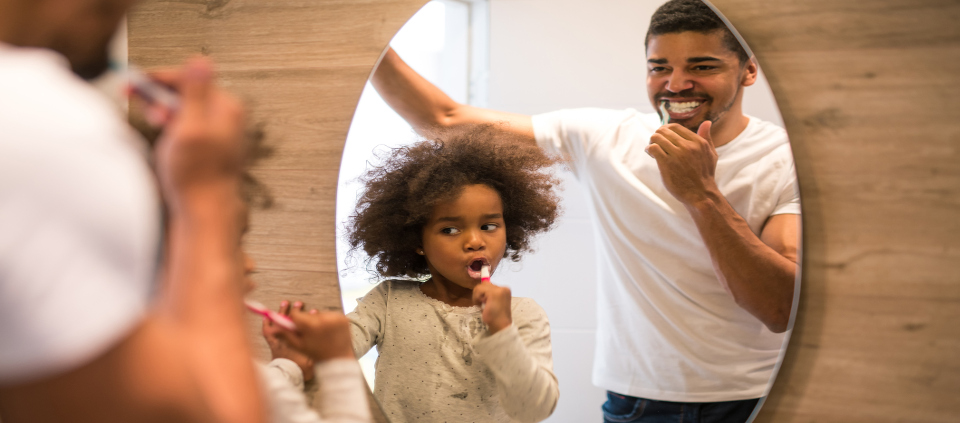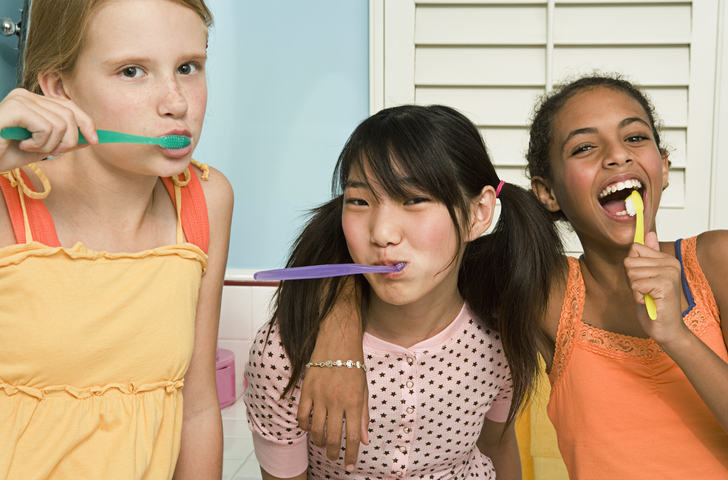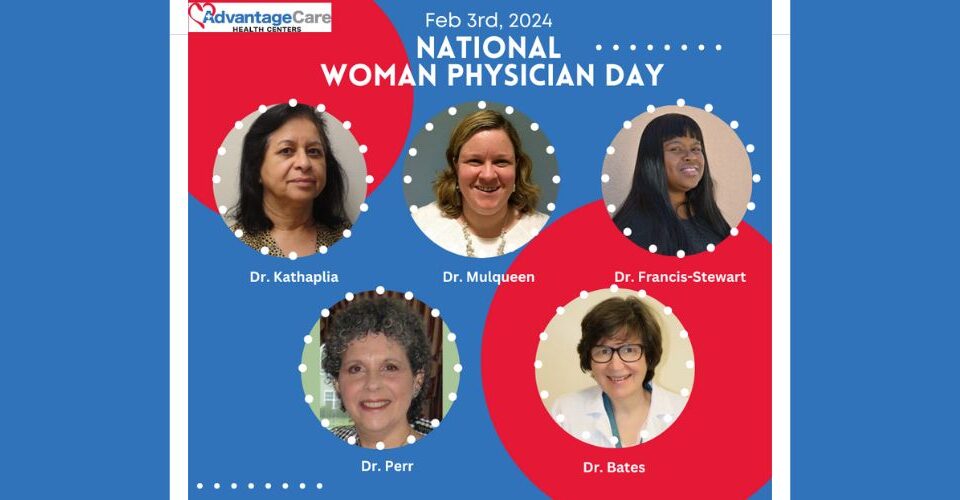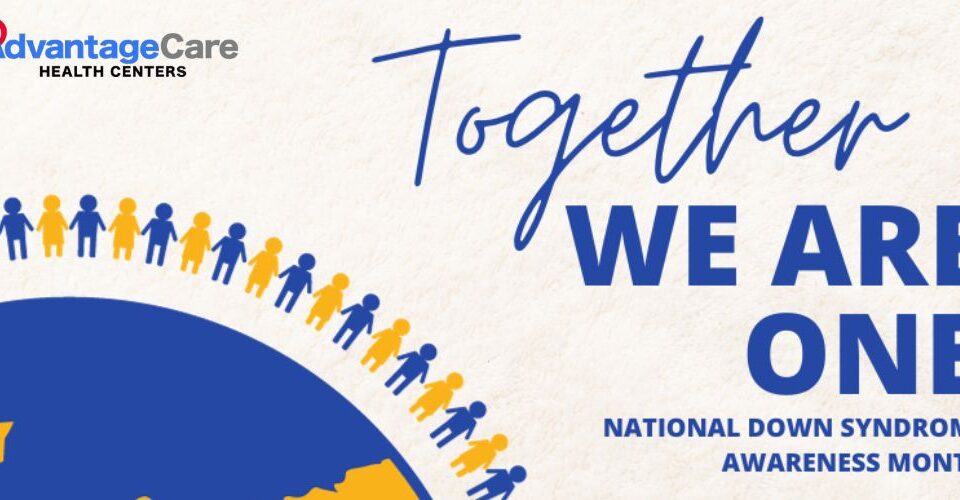
Easy (and Enjoyable) Heart Healthy Diet Tips to Follow
September 25, 2019
7 Mental Health Facts Everyone Should Know
October 24, 2019
Easy (and Enjoyable) Heart Healthy Diet Tips to Follow
September 25, 2019
7 Mental Health Facts Everyone Should Know
October 24, 2019
Good oral hygiene is a healthy habit that is best introduced at a young age. By establishing a regular routine in infancy and adhering to it through the preteen years, you can help your child stay out of the dentist chair any more than is absolutely necessary.
Infants: From Healthy Gums Come Healthy Teeth
Baby teeth begin to break through the gums around six months, but it is important to start to practice good oral hygiene even before then.
After feedings, wipe a baby’s gums with a soft washcloth, wrapped around a finger. This will help to remove bacteria, which can cause tooth decay as teeth begin to erupt, and prevent this sticky substance from clinging to an infant’s gums.
After Teething
Once baby teeth begin to appear, parents can use a soft-bristle toothbrush with fluoride toothpaste twice a day. A smear of toothpaste the size of a grain of rice is all that is necessary.
Getting a baby used to oral hygiene as part of a daily routine should make it easier to transition them into regular brushing of the teeth.

Seeing a Pediatric Dentist
During a pediatric dental visit, you can expect a dentist to:
- Inspect for oral injuries, cavities or other problems.
- Let you know if your child is at risk of developing tooth decay.
- Clean your child’s teeth and provide tips for daily care.
- Discuss teething, pacifier use, or finger/thumb sucking habits.
- Discuss treatment, if needed, and schedule the next check-up.
Toddlers: Learning to Brush
As infants begin to walk and talk, they can also be introduced to practicing good oral health habits.
But until you’re comfortable that your toddler can brush on his or her own, continue to brush your child’s teeth twice a day with a child-size toothbrush and a pea-sized amount of fluoride toothpaste.
At this stage of development, it’s recommended that parents continue to supervise brushing until toddlers become more capable of doing it themselves—usually around the age of six. Caregivers can begin brushing toddlers’ teeth in the morning and at night as soon as they start to break through the gums.
Preschoolers: 3 to 6 years old
Continue to encourage your children to brush their teeth twice a day with a pea-sized amount of fluoride toothpaste. When they have two or more teeth that touch, begin cleaning in between them with gentle dental floss.

Tweens: Developing Good Oral Hygiene Habits
As children grow older and more of their permanent teeth come in, a rigorous daily dental hygiene routine is crucial to keeping teeth and gums healthy. However, it tends to be difficult to keep preteens interested in oral hygiene.
5 Oral Health Tips to Follow
Try these tips to keep your tween on track:
- As preteens become more conscious of their appearance, remind them that good oral hygiene can help them look and feel better.
- Remind them to brush twice a day with a fluoride toothpaste for a full two minutes, which not only fights cavities and strengthens teeth, but also gives older kids the confidence of having fresh breath.
- Flossing is extremely important for tweens as most permanent teeth will have erupted and cleaning between them will help prevent cavities and keep their mouth fresh.
- Encourage children who play sports to wear a mouth guard to protect their teeth from injuries.
- Make sure kids who wear braces use a power toothbrush and floss thoroughly to avoid white spots on teeth when braces come off.
And, of course, many of these oral hygiene tips, like flossing regularly are recommended for parents, too. One of the best ways to encourage your child to have healthy teeth and gums is to set a good example first.
Advantage Care Health Centers provides routine and preventive dental care services to children. Our team strives every day to make our patients feel comfortable and safe in our state-of-the-art dental suites. If you would like to find out more about how our pediatric dental services can help your child, request an appointment today.





